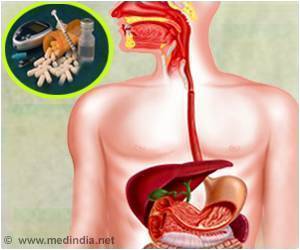The new technique uses the product of glucose called pyruvate, a non-radioactive form of carbon, which is injected into patients and tracked as it enters the cells.

TOP INSIGHT
The scanning technique allows a doctor to determine the efficacy of cancer drugs at an early stage, saving patients time on drugs that do not work.
Pyruvate is labeled with a non-radioactive form of carbon, called carbon 13 (C-13). The molecule is very easy to detect in an MRI (magnetic resonance imaging) scan. The scan monitors the time taken by cancer cells to break pyruvate down - a measure of how active the cells still are. This gives doctors an idea about the efficacy of the cancer drugs. The more active the cancer cells, the less effective the drug used to kill them.
Researchers hope that this could lead to more personalized treatments for cancer patients. This technique helps monitor the efficacy of drug therapies at an early stage, potentially saving patients time on drugs that do not work.
The Cancer Research UK Cambridge Institute is the first place to test the technique on patients outside North America.
Dr Ferdia Gallagher, the honorary consultant radiologist at the University of Cambridge, said, “Studies on animals had shown promising results, and it was time to try the technique out on humans. This new technique could potentially mean that doctors will find out much more quickly if treatment is working for their patient instead of waiting to see if a tumor shrinks."
Dr Emma Smith, the science information manager at Cancer Research UK, said, "The next steps for this study will be collecting and analyzing the results to find out if this imaging technology provides an accurate early snapshot of how well drugs destroy tumors."
Source-Medindia
 MEDINDIA
MEDINDIA




 Email
Email










